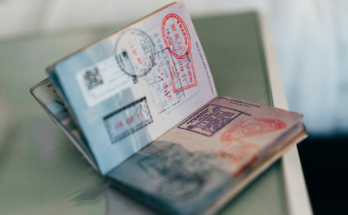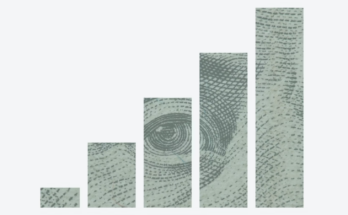When money is the messenger, why do the poor believe it? Paul Frijters questions the truth.
According to Max Lawson of Oxfam, who recently gave a fascinating interview in The Mint, the world’s richest 26 billionaires own more wealth than the poorest 50% of humanity. Using data from Credit Suisse, h...
You need to login to see this content. If you are not a member, join here.
Paul Frijters
Paul completed his Masters in Econometrics at the University of Groningen, and a PhD in wellbeing economics at the University of Amsterdam. He joined the Prince Mohammed Bin Salman College in …



